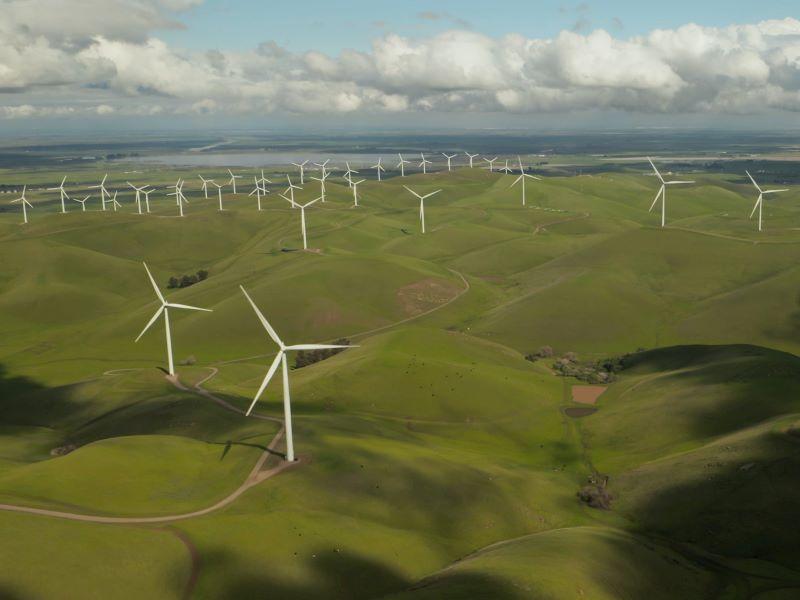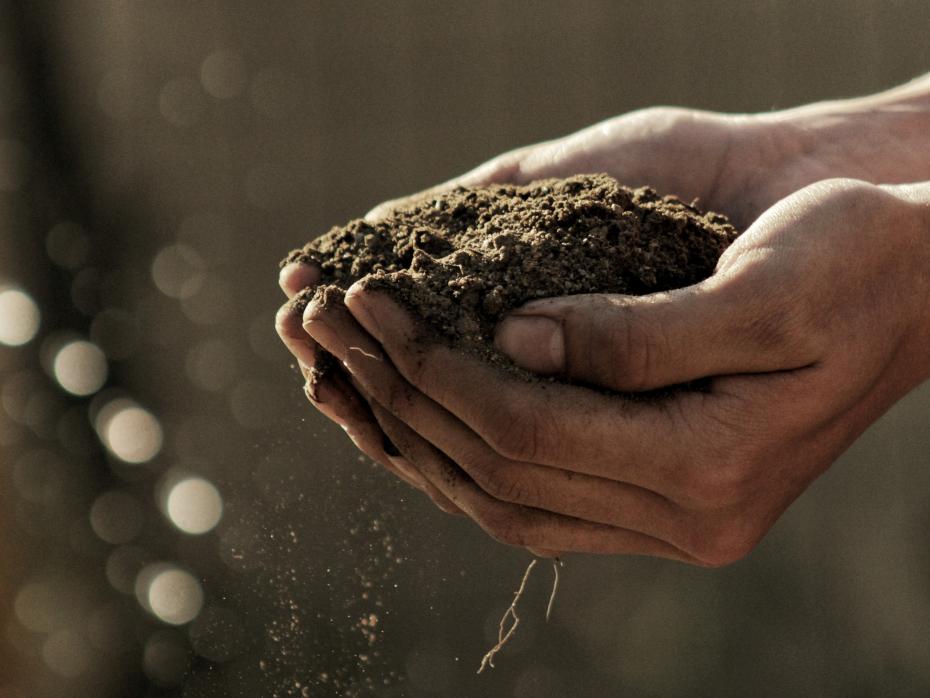Students want to create a more sustainable future. They want opportunities to develop knowledge, skills and actions to address the climate crisis and the United Nations’ Sustainable Development Goals.
We know this through feedback from all student surveys on social responsibility and sustainability issues, and from wider research tracking students’ experiences of learning and teaching on sustainable development. More than two-thirds (65 per cent) of students want to learn more about sustainable development, the Sustainability Skills Survey in 2019-20, carried out by Students Organising for Sustainability UK, revealed.
So what can universities do to provide all students, including online learners, with inclusive, diverse and equitable opportunities to develop their knowledge, skills and actions to address sustainability issues through the academic curriculum and the wider student experience?
Here at the University of Edinburgh, colleagues from the department for social responsibility and sustainability, in collaboration with the Students’ Association, have developed the Student Leadership for Sustainability programme, providing a range of support and extracurricular learning experiences to empower students to take action to address the climate crisis and sustainability challenges we face today and in the future.
The programme provides students with opportunities to develop their leadership and skills through training on carbon literacy, modern slavery and sustainability. Student-led initiatives and innovation are supported through grant funding and showcased through events. Collaboration and networking are encouraged between communities of staff and students through the Sustainability Champions Network, which includes 300 student participants. Students are encouraged to critically engage and develop their knowledge through short online courses and participation in Living Lab projects.
Student participants in the Student Leadership for Sustainability programme have provided constructive and positive feedback about their experience and how to further improve the opportunities provided. A summary of key points from this feedback, and from our own experience of delivering the programme, is set out below. These points are useful to consider when developing any sustainability projects for students.
- Involve students in the creation of learning experiences. Understand what knowledge, skills and actions students want to develop, and how they want to develop them. Meaningful opportunities to tap into students’ thinking will add value to what you deliver and provide opportunities to collaborate with students’ associations and student-led clubs and societies. We did this by providing paid opportunities over the summer for students to contribute their own ideas on what learning experiences should be delivered through the Student Leadership for Sustainability programme.
- Create flexible and inclusive opportunities. Students can have a range of commitments on top of their academic studies, such as part-time work and caring responsibilities, as well as experiencing other barriers to participation. Seek advice from colleagues working on equality and diversity, widening participation and student support, to identify ways to open up opportunities to more students. Over the past year, because of Covid-19, we have moved our training online, including carbon literacy training, opening up opportunities for students who are distance learners and students who find it difficult to travel to campus for extracurricular activities, to develop their knowledge and skills.
- Applying and developing skills. Create chances for students to develop and then apply skills such as communication, problem-solving, teamwork and leadership, all of which are in high demand. Our team has developed a very popular crash course in communicating sustainability for students, sharing their own experiences of developing, delivering and evaluating communication campaigns to the university community. The university’s Sustainability Awards provide students with opportunities to develop sustainability auditing skills and carry out audits of departments and student accommodation sites.
- Students want to make a positive impact. Students are motivated by opportunities that empower and support them to have a positive impact on society and their own university. Supporting student-led initiatives and innovation, on campus and in local communities, is a fantastic way to develop an active grassroots community of students working on sustainability projects. Edinburgh Innovations, the university commercialisation service, has supported students and alumni to establish more than 100 start-ups in the past year, with many being impact driven, including 21 that define themselves as social enterprises.
Looking forward, our Curriculum Transformation Programme, is working to develop a curriculum that empowers students to become influencers in new ways of thinking about how to tackle challenges, such as the climate crisis and the Sustainable Development Goals.
This will include further opportunities to link students with local communities and industry in Edinburgh and around the world, enabling students to take an active role in helping society’s transition to a carbon neutral society.
Matthew Lawson is senior programmes manager in the department for social responsibility and sustainability at the University of Edinburgh.




comment